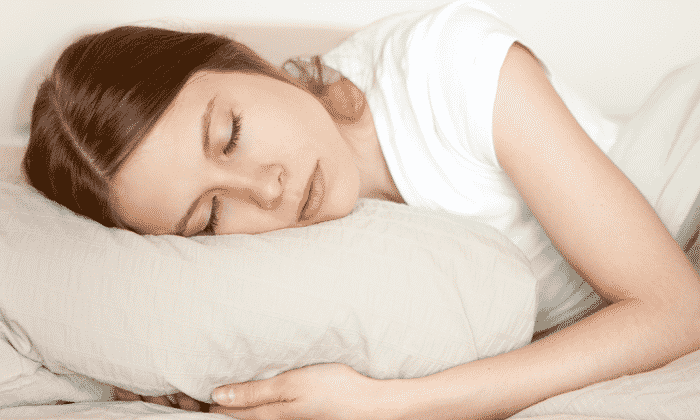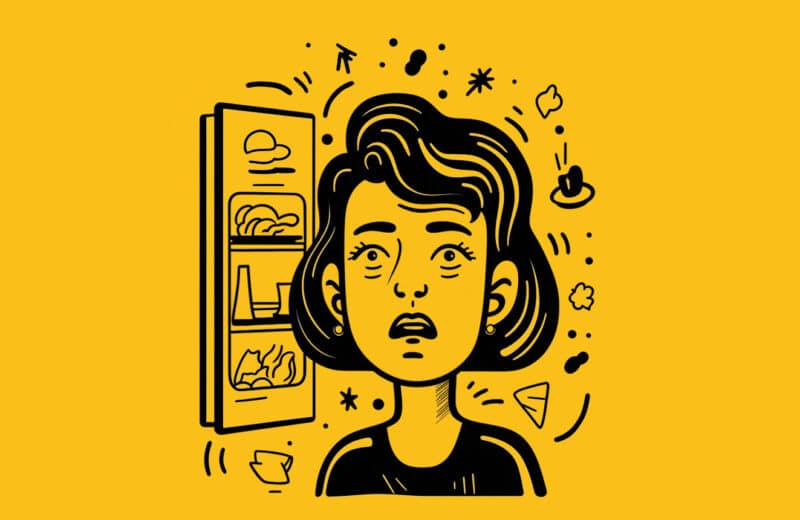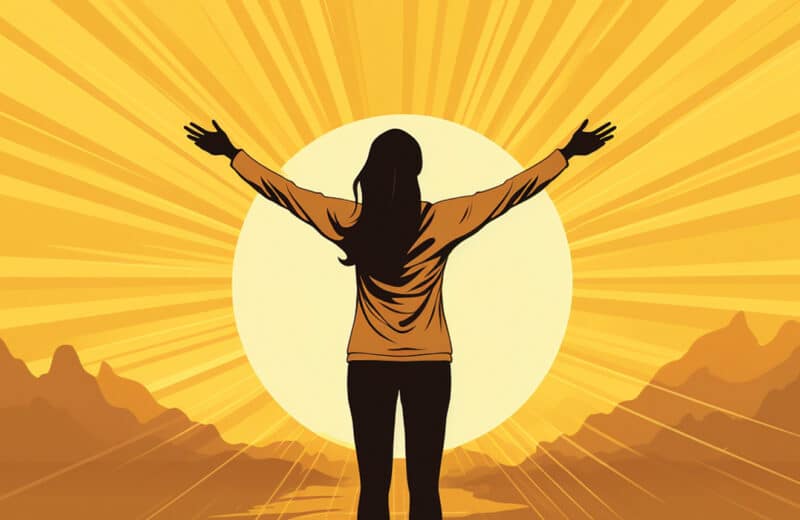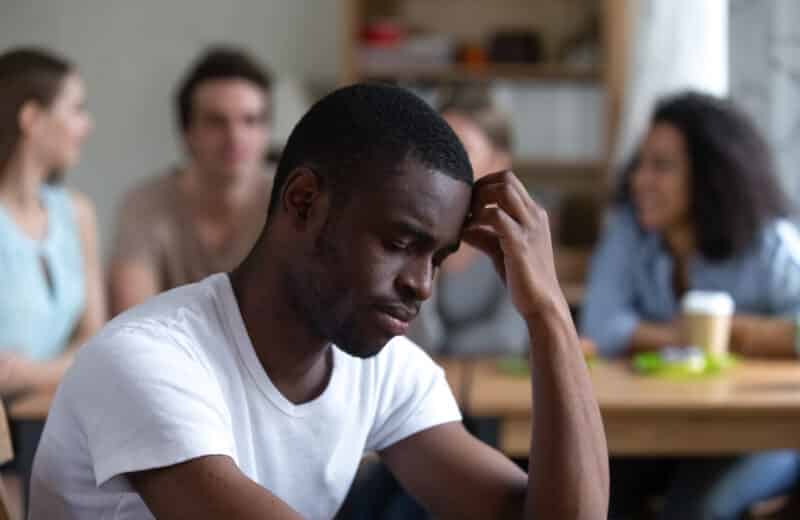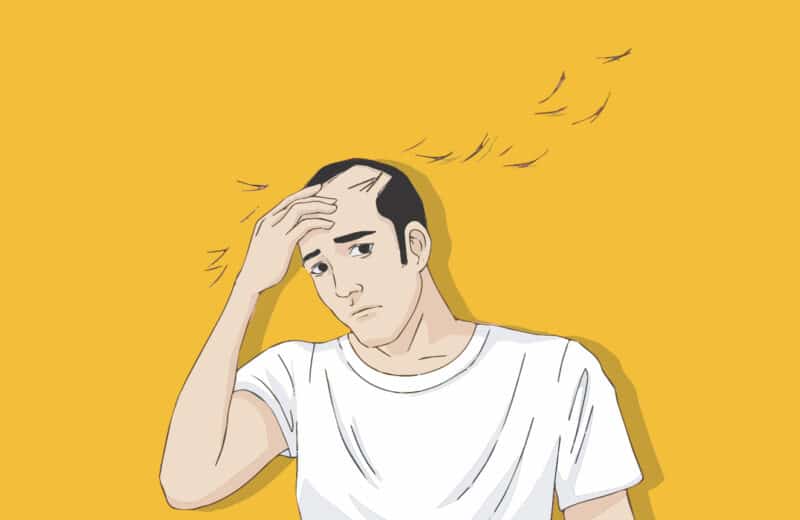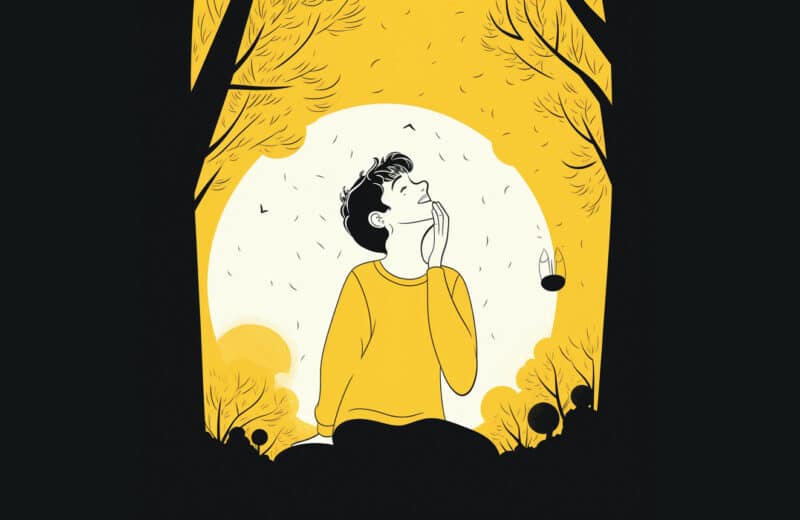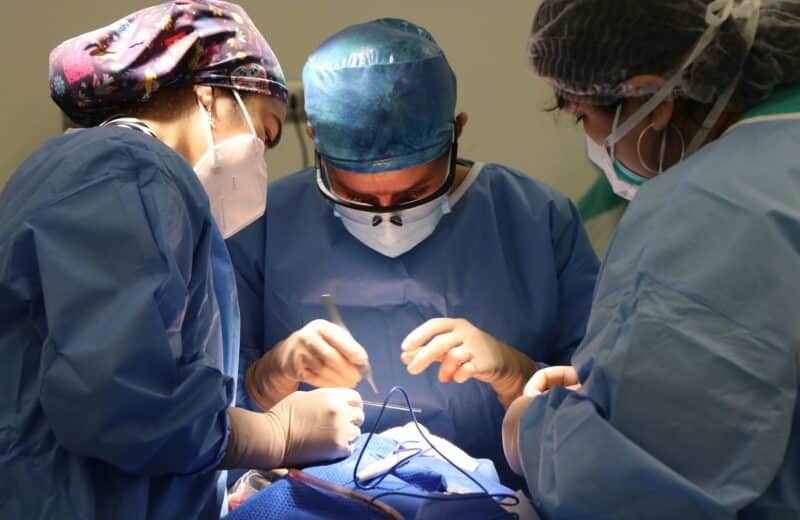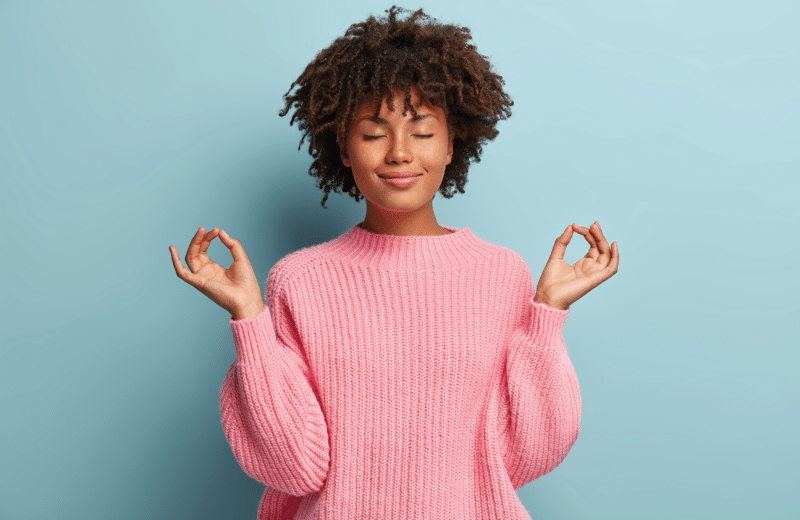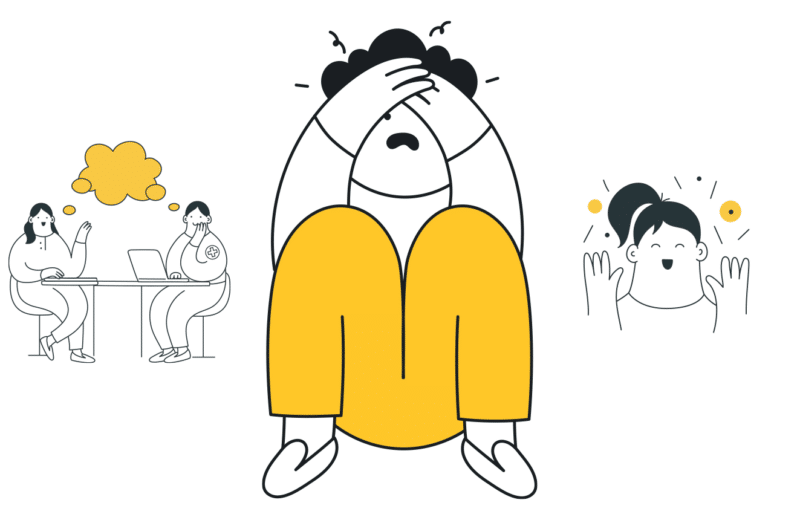Save Your Life by Going to Sleep
By Anthony Bonazzo
On average, we sleep a third of our lives. This is a significant amount of time to spend with our eyes closed. But it is not time wasted. Research shows that if you sleep less than a steady six to eight hours in a 24-hour cycle, you are putting your health at great risk.
I am a personal trainer during the day, which means I work early, often predawn hours with my clients. At night, I’m a stand-up comic, so I tend to be out rather late. This life I’ve chosen makes it hard for me to work in six hours of sleep. But after learning how greatly sleep affects our overall well-being, I decided to take to heart—and pillow—the advice of the doctors I spoke with for this column.
I made a diligent effort to sleep a minimum of seven hours a night for two weeks. On good nights, I noticed that I was thinking more clearly and that decisions were coming easier the next day. Generally, I was eating less, and my meals were leaving me more satiated. The cold I couldn’t kick had cleared up. By the end of those two weeks, my entire body felt like it had just returned from a long, relaxing tropical vacation.
“There is a relationship between sleep and risk of diseases,” says Kristen Knutson, PhD, assistant professor in the Section of Pulmonary and Critical Care in the Department of Medicine at the University of Chicago. “Sleeping less than six hours per night can impair your immune system and possibly make you more susceptible to colds or the flu.”
This explains why I finally was able to kick my cold.
However, for many, kicking a cold is not a serious enough reason to sleep more. With high-pressure demands at work and home, we are an on-the-go culture, forever wired and glued to our phones, e-mails and texts. And because I don’t perform matinees, I’m just as guilty.
Sunita Kumar, MD, associate professor of medicine and co-director of the Center for Sleep Disorders at Loyola Medicine stresses that the health risks of missing sleep are serious and dangerous and should not be taken lightly.
“If you’re getting less than six hours of sleep a night, you have a greater risk of hypertension, heart disease, obesity, and just overall, there is a societal effect,” Kumar says. “Many drivers have the reaction time of a drunk driver when they are sleep deprived, putting lives in danger. Less sleep is likely going to lead to depression and more eating. When we are sleep deprived, there are changes in our appetite hormones. The hormones leptin and ghrelin, which regulate when we feel full and hungry are affected and may lead to taking in a higher carb content.”
What’s worse is that not sleeping may cause cancer.
A study involving the International Agency for Research on Cancer focused on a group of nurses working overnight shifts in a hospital and found that after working this strenuous shift continuously (and obviously not getting the required sleep per night), some of the women developed breast cancer. Although additional studies need to be done to conclude whether it is a reliable concern, the mere implication that lack of sleep could be a precursor to cancer may be the push we need to get some shut-eye.
Jaime Villanueva, MD, of the DuPage Medical Group works with patients daily, studying their sleep patterns and working to improve these patterns to avoid the health risks involved with sleep deprivation.
“People who get enough sleep feel better; they have more energy and are more satisfied with their lives,” Villanueva says.
He also says that there is a significant increase in mortality rate for those who only get four hours of sleep a night.
The pros all agree that for a better, healthier life, one should get on a sleep schedule that includes going to bed around the same time every night and waking up at the same time in the morning. The right environment for sleep is equally as important. Knutson suggests making your room sleep friendly by eliminating a bedroom TV and keeping cell phones and tablets dark on the nightstand. Lights from TVs, cell phones and laptops have been shown to increase brain activity and make us more alert, as well as suppress the hormone melatonin, which is important for sleep. Make the room as dark and quiet as possible, and make sure you have a quality mattress. After all, you’re going to be spending a lot of time on it.
A wellness plan including a healthy diet and plenty of exercise is equally important. Avoid caffeine and alcohol several hours before bed, if not altogether, and cut late-evening exercise since your body will become too alert, making it more difficult to fall asleep. Knutson, Kumar and Villanueva do not reccomend sleep aides such as sleeping pills, however in some cases, such as insomnia, they can be recommended.
They are also opposed to naps as a way to count toward the recommended six to eight hours, which I did not like hearing. Naps appear to have beneficial short-term effects like feeling less sleepy, if taken before an overnight shift, and being more mentally alert.
Still, it’s those six to eight hours that really count.
The early bird and night owl in me know firsthand how hard it can be to get enough Zs. But, maybe it’s time to make sleep just as important as training people, exercising and telling jokes. And checking my iPhone.

